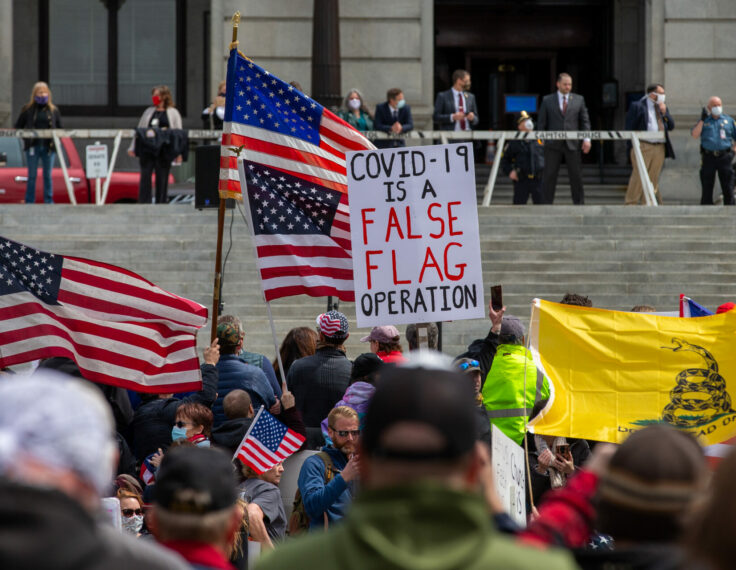Articles By
Justin Stoler

Conspiracy Theories
Using an AI-powered “street epistemologist” chatbot and reflection tasks to diminish conspiracy theory beliefs
Marco Meyer, Adam Enders, Casey Klofstad, Justin Stoler and Joseph Uscinski
Social scientists, journalists, and policymakers are increasingly interested in methods to mitigate or reverse the public’s beliefs in conspiracy theories, particularly those associated with negative social consequences, including violence. We contribute to this field of research using an artificial intelligence (AI) intervention that prompts individuals to reflect on the uncertainties in their conspiracy theory beliefs.

The different forms of COVID-19 misinformation and their consequences
Adam M. Enders, Joseph E. Uscinski, Casey Klofstad and Justin Stoler
As the COVID-19 pandemic progresses, an understanding of the structure and organization of beliefs in pandemic conspiracy theories and misinformation becomes increasingly critical for addressing the threat posed by these dubious ideas. In polling Americans about beliefs in 11 such ideas, we observed clear groupings of beliefs that correspond with different individual-level characteristics (e.g.,
